Lawyer, essayist and historian Nicolas Baverez looks back on a historic year. year, which is not just a "year of crisis" as there have beent so many. In his view, the Ukrainian conflict has made us realize that, since the fall of the Wall, we have been living between two wars". The confrontation between democracies and authoritarian regimes has only just begun.has only just begun...
365: Everyone saw a lot of crises last year. But as a historian, do you see 2022 as a year to remember?
NB: Solzhenitsyn described certain periods as "knots in history". 2022 corresponds perfectly to his definition as a moment when shocks multiply and intertwine, bringing about the crystallization of major evolutions that were already at work, but in a subterranean way. History accelerated and the world turned upside down...
365: The main shock was, of course, the war in Ukraine...
NB: The invasion of a sovereign, democratic state by a member of the UN Security Council embarking on an imperial adventure under the protection of its nuclear arsenal is unprecedented. It marks not only the opening of a major confrontation between authoritarian empires and democracies, but also the return of war to Europe in two forms: high-intensity in Ukraine, and hybrid against the Union. It is also leading to the impoverishment of the world, with a sharp rise in conflict. The conflict is also reflected in renewed inflation, energy and food crises. In short, we have entered a fragmented, violent and unpredictable world.
365: The global economy has also suffered a major shock...
NB: Growth has suffered less than might have been feared, thanks to the liquidity poured in during the Covid epidemic. But the ruptures are no less fundamental. Globalization is breaking up around major political and ideological blocs. The resurgence of inflation forced central banks to regulate all the more strongly because they did so too late, putting an end to almost forty years of falling interest rates and the cycle of unlimited free money. This outrageously capital-friendly period is over. Capitalism is entering a new regime. The bubbles are all bursting, from real estate to tech, as evidenced by the collapse of Gafam and the FTX debacle.
365: 2022 is a "historic" year, so what are the consequences?
NB: To speak of a historic year is to revise our vision of recent history. In retrospect, 1989, the year of the fall of the Wall, was, like 1918, that of a "failed peace". The period stretching from 1991 (the end of the USSR) to 2021, the eve of the attack on Ukraine, appears today as an "in-between war". It has seen democracies fall into facile demagoguery, ignoring all the warning signs of rising external perils from the tyrannies of the 21st century, as well as domestic threats from populism - themselves the fruit of the excesses of globalized capitalism, the growth of inequality and the disruption of the institutions of free nations.
365: That's pretty worrying!
NB: We must be careful not to confuse what we want with what is. However, by one of those "tricks of reason" with which history abounds, Vladimir Putin could prove to be the savior of democracies. His strategic military defeat is obvious. The Ukrainian nation is galvanized, and its resistance is shattering the pan-Russian myth. Russia is locked in demographic and economic decline; its unity is threatened and it finds itself in the hands of China, which is interested only in its formidable reserves of energy sources and raw materials. At the same time, China's zero Covid policy has exploded, leading to a health debacle and stagnating growth, which Xi Jinping has reduced from 9.5% to 2 or 3%, while India's is 7%. Finally, in Iran, the mullahs' regime is facing an uprising led by women, who are no longer calling for reform but for an end to the theocracy. If this were to happen, it would mark the collapse of political Islam, with major consequences for the Arab-Muslim world. Germany and Japan are rearming. The European Union is actively supporting the Ukraine and freeing itself from its dependence on Russian energy. The United States reengages in Europe. NATO rises from the ashes, integrating Sweden and Finland. In short, democracies are showing that they still have the will to defend freedom, and that they are far from lost.
365 : Europe and France will emerge from 2022 in a weaker position. What should they do?
NB: Strategically, it is crucial that Europe remains united and assumes its transformation into a power. The Union must break with its dependence on Russian energy, Chinese essential goods and American technology and weaponry. It needs to rethink itself in terms of sovereignty and security, which is also the best way of restabilizing the middle classes, and thus defeating populism. In France, every shock in the last 40 years has been managed by increasing public spending, financed by debt. This is unsustainable. All the more so as basic services such as education, health, transport and security are collapsing, while the State is mobilizing 56% of GDP. Radical changes are needed, but unfortunately no political force is in a position to bring them about, creating a feeling of powerlessness and fatalism, and fuelling populism. France still has major assets, but suffers from a triple deficit of leadership, confidence and efficiency. As in 1945, we must make the collective choice of modernization versus decline.
